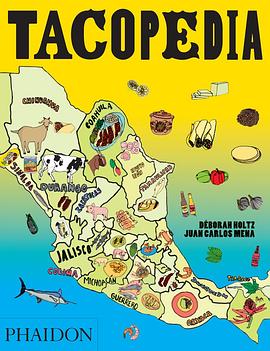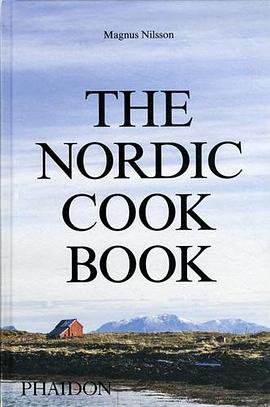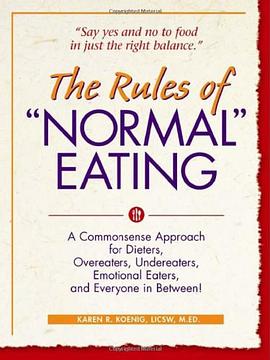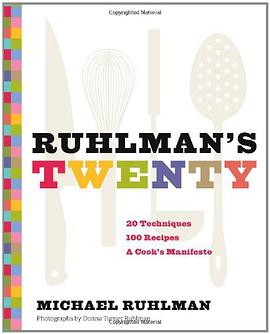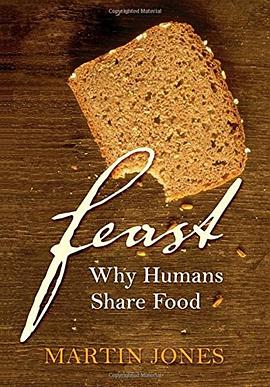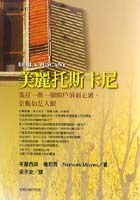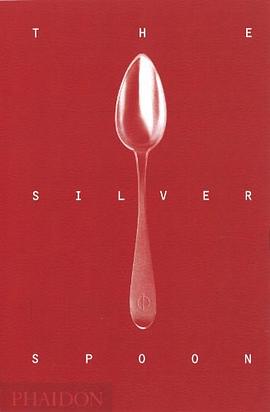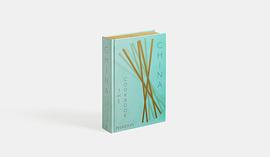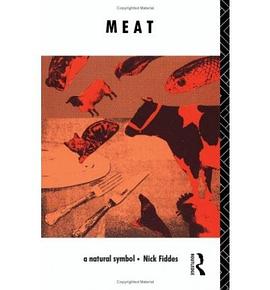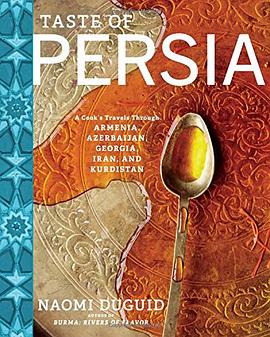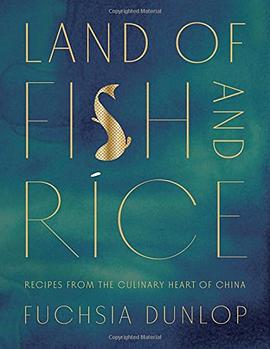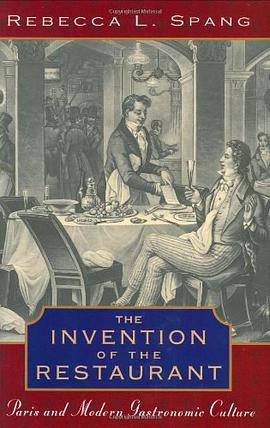

具體描述
To feed a quarter of the world’s population on only seven percent of the world’s cultivated land and at the same time to have developed a renowned cuisine is perhaps the most exemplary achievement of the Chinese people. What accounts for their success? And what can be learned from it in this age of widespread hunger?
E.N. Anderson’s comprehensive, entertaining historical and ethnographic account of Chinese food from the Bronze Age to the twentieth century shows how food has been central to Chinese governmental policies, religious rituals, and health practices from earliest times. The historical survey of agricultural and culinary customs, in the first half of the book, offers a wealth of fact and interpretation on such topics as the effect of government policy on agricultural innovation; the relation of medical beliefs to appetizing cuisine; the recycling of waste products on the farm; the traditional absence of food taboos (including the practicality of eating one’s pests, or feeding them to pigs and chickens, instead of poisoning them and the environment); and the key factors in the gourmet quality of Chinese food from the simplest to the most elaborate dishes. Without glossing over the occurrences of famine China’s history, Anderson concludes that the full story is one of remarkable success in feeding maximum populations over the millennia. Underpinning this accomplishment, he cites China’s traditional stress on food as the basis of the state and as fundamental not only to individual well-being but to the enjoyment of life.
Anderson turns to present-day China in the latter half of the book, describing in rich and enticing detail the regional varieties in Chinese diet, food preparation, and rituals of eating and drinking. These lively, readable chapters as well as those in the first half of The Food of China make it a prime source for anyone—general readers and scholars alike—with an interest in Chinese history or food.
著者簡介
尤・N・安德森(E.N.Anderson),1967年於伯剋利加州大學獲博士學位,現任美國河濱加州大學人類學教授。主要研究生態人類學,特彆是有關食物之生産與消費的生態學,以及人類究竟如何利用、分類和認識他們的資源。其代錶作品有《心中的生態學:情感、信仰與環境》(1996)、《中國食物》(1998)、《在混亂中完結》(1978,與人閤作)、《中國南海岸的文化生態》(1972,與人閤作)等。
圖書目錄
讀後感
有馅小麦团、中国酥食、团块,这些不知所云的翻译真是让人看的酣畅淋漓,有些段落甚至需要借助标注括号里的英文结合混沌的整段文字才能猜测出译者想表达的大意。这种翻译都能出版?!我看不少人给四星?如果觉得作者角度不错给个三分也就算了,团块chunking那段我就不信你们...
評分国人中以汉族为主,汉族食肉则以猪肉为主。在中国的主要菜系中,猪肉无不占有着非常重要的地位。红烧肉,东坡肘子,鱼香肉丝,梅菜扣肉,以猪肉为主料的菜品可谓五花八门。不但如此,猪的内脏,肚子,大肠,肝,肺等物,也常常经过精细烹饪,变成饭桌上的佳肴。可以说在中国,...
評分国人中以汉族为主,汉族食肉则以猪肉为主。在中国的主要菜系中,猪肉无不占有着非常重要的地位。红烧肉,东坡肘子,鱼香肉丝,梅菜扣肉,以猪肉为主料的菜品可谓五花八门。不但如此,猪的内脏,肚子,大肠,肝,肺等物,也常常经过精细烹饪,变成饭桌上的佳肴。可以说在中国,...
評分从小到大,我们都被教育,“汗滴禾下土,粒粒皆辛苦”对辛勤劳动尊重和节俭,吃占据了生活的很大部分,我们与邻里最常问候的一句话:“你吃饭了没?”吃饭的礼仪和习俗随着那场浩劫变得简单或不那么讲究了,对美食的追求并没有缩减,街边上最多最热闹的还是餐馆,尽管后工业时...
評分用两天时间读完了 E.N. Anderson 的 The Food of China. 作者是位美国人类学家,目前同时在华盛顿大学和加州大学河滨分校授课。此书从历史的角度,分朝代介绍了中国饮食,及其所受之外来影响,读来非常有趣。这两天边读边在Twitter上做了八卦体摘抄,现将这些推整理如下: 1. ...
用戶評價
這本書裏的拼音真奇怪!
评分東方作為他者之形象映照齣西方現代性體係。這也正是作者藉研究中國傳統農業來“吸取一些如何促進發展的教訓”的原因:Its self was confirmed inversely by encountering the heterogeneous.
评分一個不符閤Engel's law的民族……
评分原版好太多瞭,兩個半吊子譯者能毀掉一部好書。
评分一個不符閤Engel's law的民族……
相關圖書
本站所有內容均為互聯網搜索引擎提供的公開搜索信息,本站不存儲任何數據與內容,任何內容與數據均與本站無關,如有需要請聯繫相關搜索引擎包括但不限於百度,google,bing,sogou 等
© 2025 book.quotespace.org All Rights Reserved. 小美書屋 版权所有

